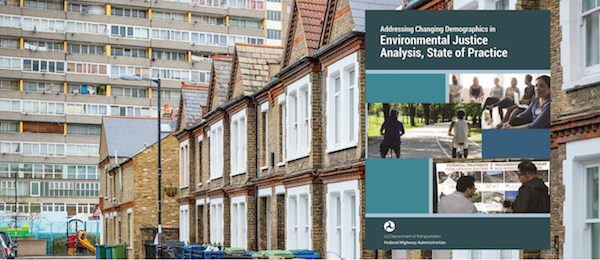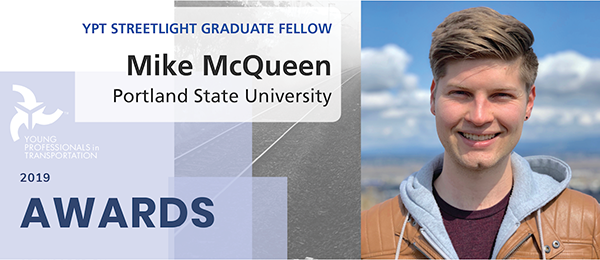Darshan Chauhan, Portland State University
Darshan Chauhan is a graduate research assistant in civil engineering at Portland State University. He currently serves as the treasurer of STEP (Students in Transportation Engineering and Planning), PSU's transportation student group, and generously volunteers his time at a variety of transportation-related events via PSU's Transportation Research and Education Center (TREC). He will defend his masters thesis on network flow problems this year, and plans to continue on to earn his PhD. In the 2018/2019 academic year, Darshan earned a Walter H. Kramer Fellowship from Portland State University.
LinkedIn
Tell us about yourself?
I am a second-year Masters student in the civil engineering program with a transportation focus at PSU. I have been training with Prof. Unnikrishnan here to understand, model, and tackle uncertainties in different transportation networks. Before coming to Portland, I completed my Bachelor’s degree in civil engineering at BITS Pilani Hyderabad Campus, working as an undergraduate researcher in areas like fracture mechanics, optimization, and alternate cementitious materials through my junior and senior years. After completing my masters, I am continuing for my Ph.D. in transportation at PSU. Apart from school, I really enjoy...
Read more
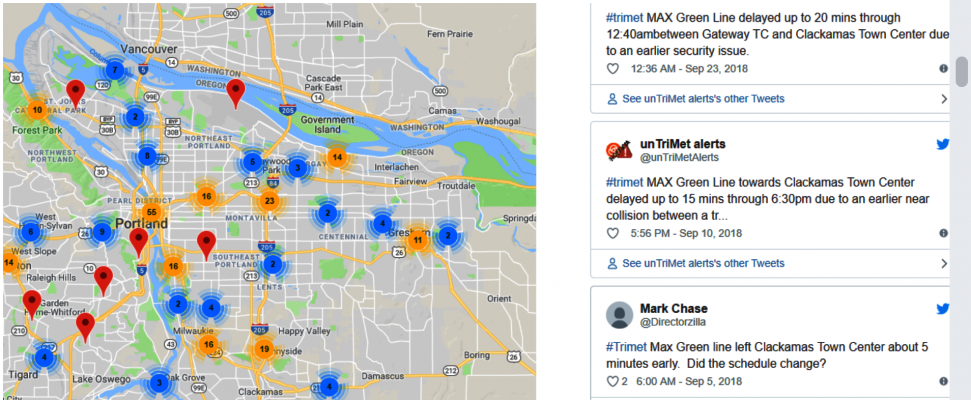
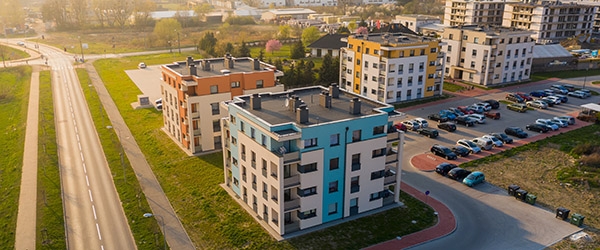
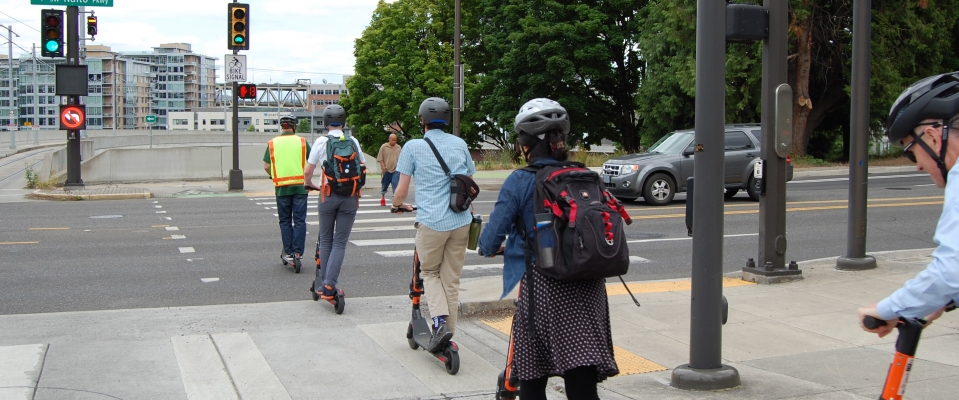
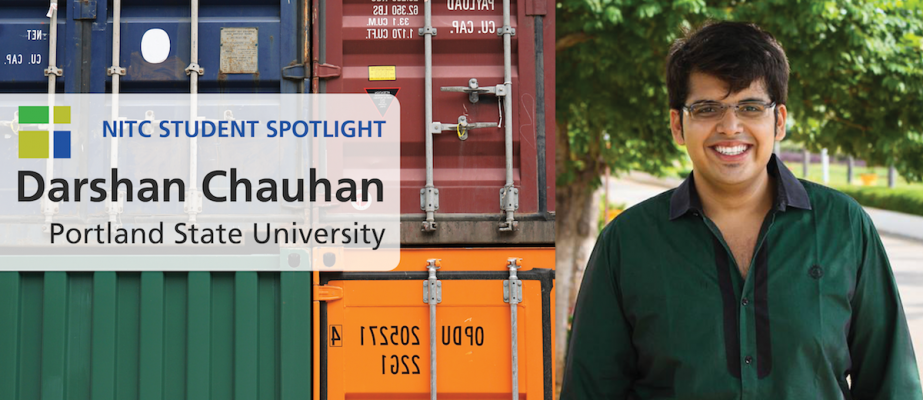
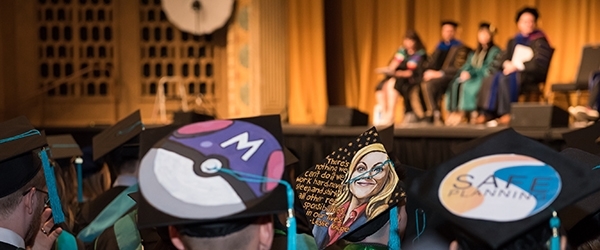
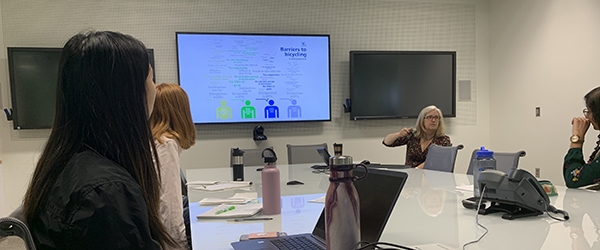
 Anaisabel Crespo - Leiva, SUNY...
Anaisabel Crespo - Leiva, SUNY...
